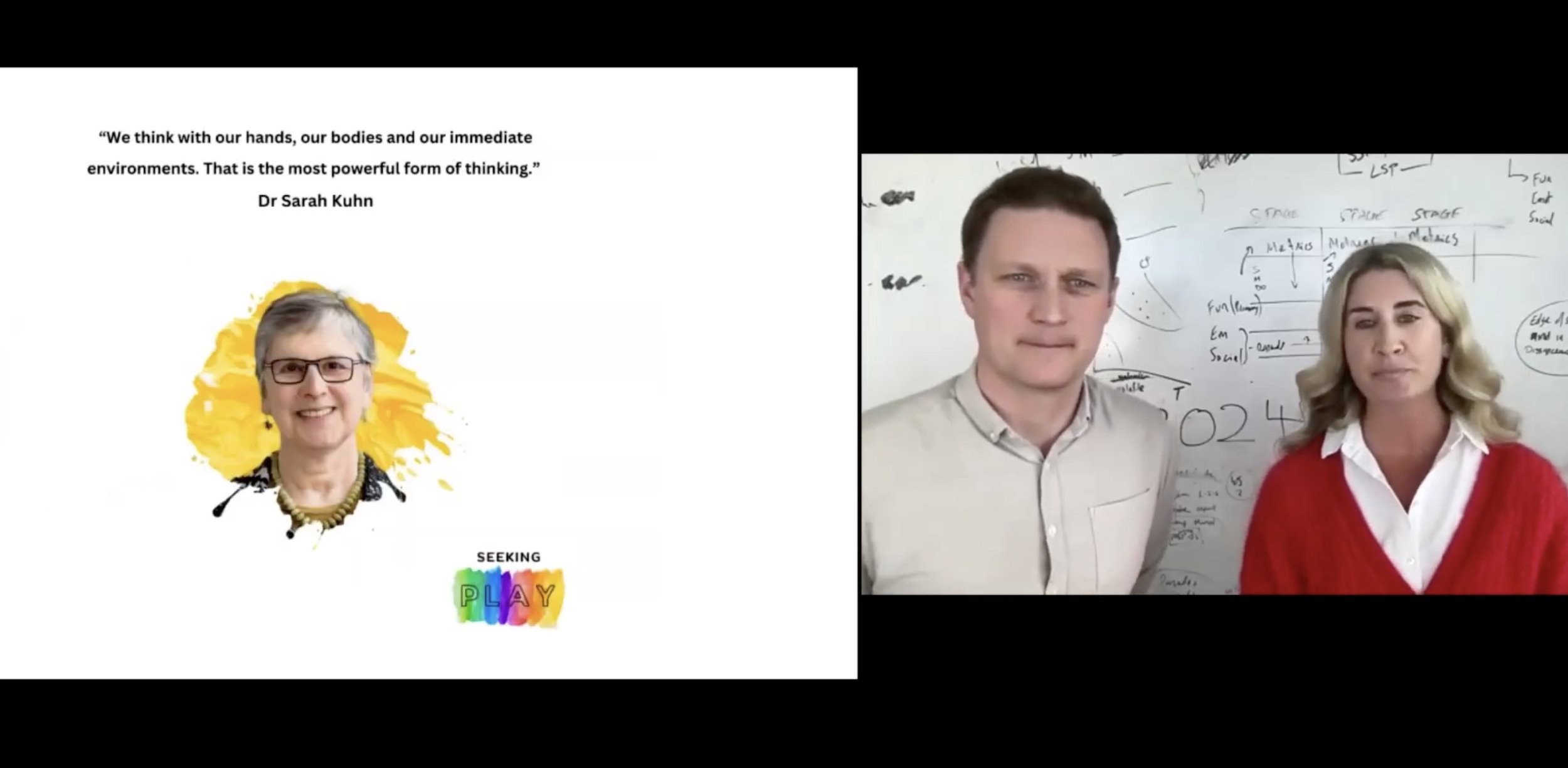
A Video Conversation with Lego Serious Play Gurus
A video of me in conversation with the heads of a UK design firm. We discuss Lego Serious Play and, of course, thinking with things. It’s a long video but they have put an index in the show notes on YouTube. https://www.youtube.com/watch?v=R3sGlLgHuKw&t=1s

Diagrams: Breaking Free from Conventional Wisdom
Breaking free from conventional wisdom! The Periodic Table is so immediately familiar that it has sparked many humorous imitations—the periodic table of vegetables, of wine, of sandwiches, of emotions, and so on. But what if there are other, perhaps better, ways to represent the characteristics of the Elements, like the diagram on the right? And what if students made their own representations—what would they learn?

Diagrams: Maps as Things to Think With
What’s wrong with this picture? Nothing! Putting North at the top of the world map is an arbitrary, Eurocentric convention. Maps and diagrams are wonderful tools for teaching critical thinking.

Art and Science: Separated at birth, joined through THINGS
Art and Science are not opposites; they have a lot in common. As learners and as teachers, we can gain a lot by looking at their shared values and practices, as well as their differences.

Why is This Funny? Because it’s True!
Every time I show an audience this cartoon I get a laugh. Why? It’s a laugh of recognition. We don’t usually talk about it, but most of us have had the experience of getting a bright idea when we are in the shower, when we are walking or running, when we are waking up or drifting off to sleep—in other words, when we are in our bodies.

Wooden Blocks: A Brilliant Foundation
The most shocking conversation I ever had with an educator was a discussion several years ago with a preschool teacher. She said that some of the kids in her class could stack blocks on an iPad, but not real blocks in real life.
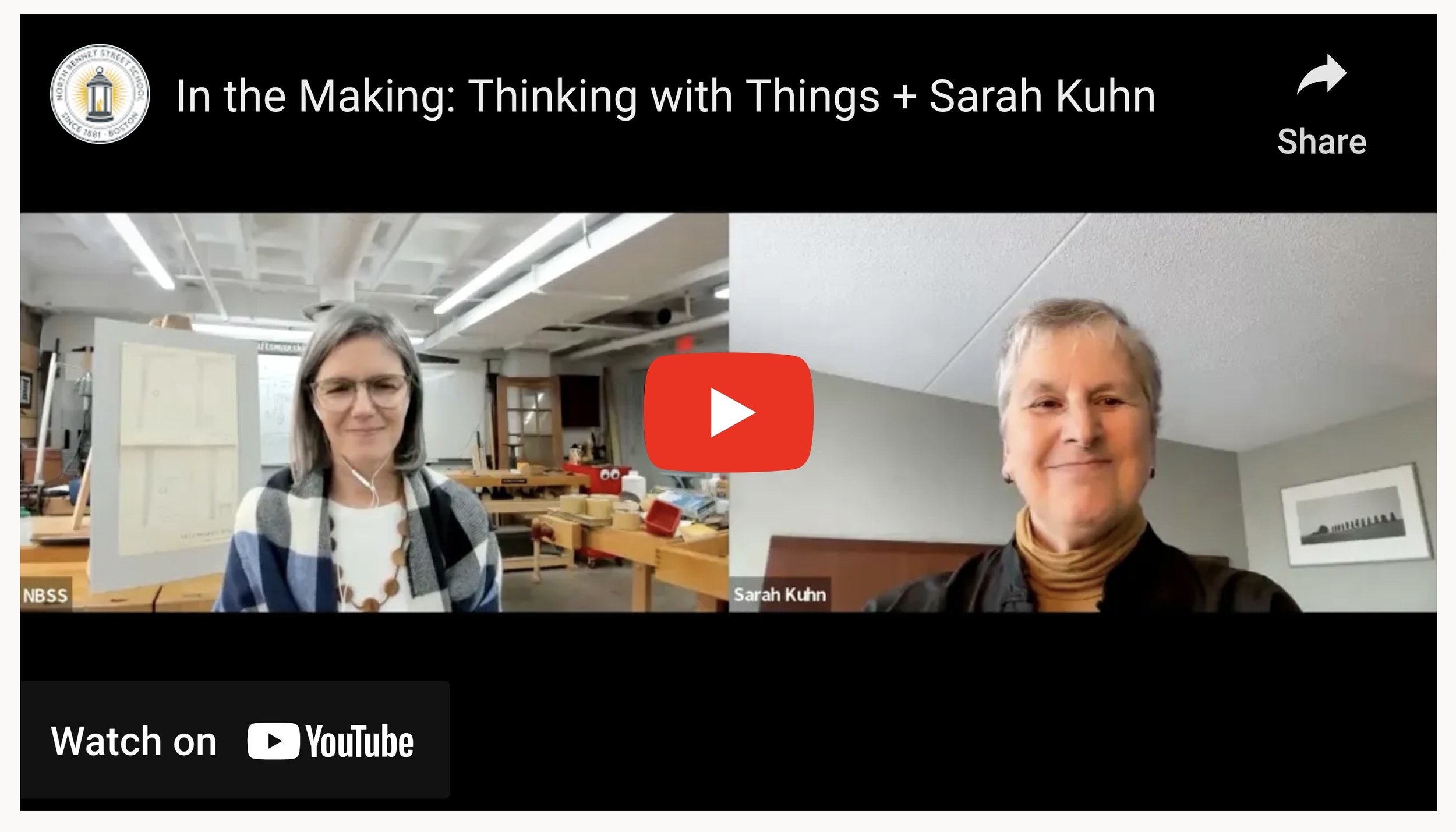
WONDERFUL conversation with North Bennet Street School
A wonderful interview with me, by Kristen Odle of the magnificent North Bennet Street School in Boston. Craftsmanship heaven there! And one of the best interviews I’ve done, thanks to Kristen’s great questions.

5 Myths About Learning in College: Myth 5
I taught for years in a classroom like this, which I now call the “sensory deprivation chamber.” NO ONE would choose this as their favorite learning environment. Most professors like me succeeded in spite of this hostile environment; the ones who didn’t were often labeled as failures, or as having a learning disability. For embodied learners (which we all are) this is a disabling environment, calling on us to perform an unnatural act.

5 Myths About Learning in College: Myth 4
Why do learners sometimes struggle when we present them with abstractions? It’s a myth that once you are college age or beyond, you are an abstract thinker in all subject areas. The ability to grasp abstractions in a particular domain does not come automatically with age. Instead, it comes with the evolution from novice to expert, and this transition is aided by thinking with things.

5 Myths About Learning in College: Myth 3
We talk about “experiential learning” in college as if it always means having to go off campus, into the “real world.” But ALL learning is experiential. We just have to create the right kinds of experiences for students.
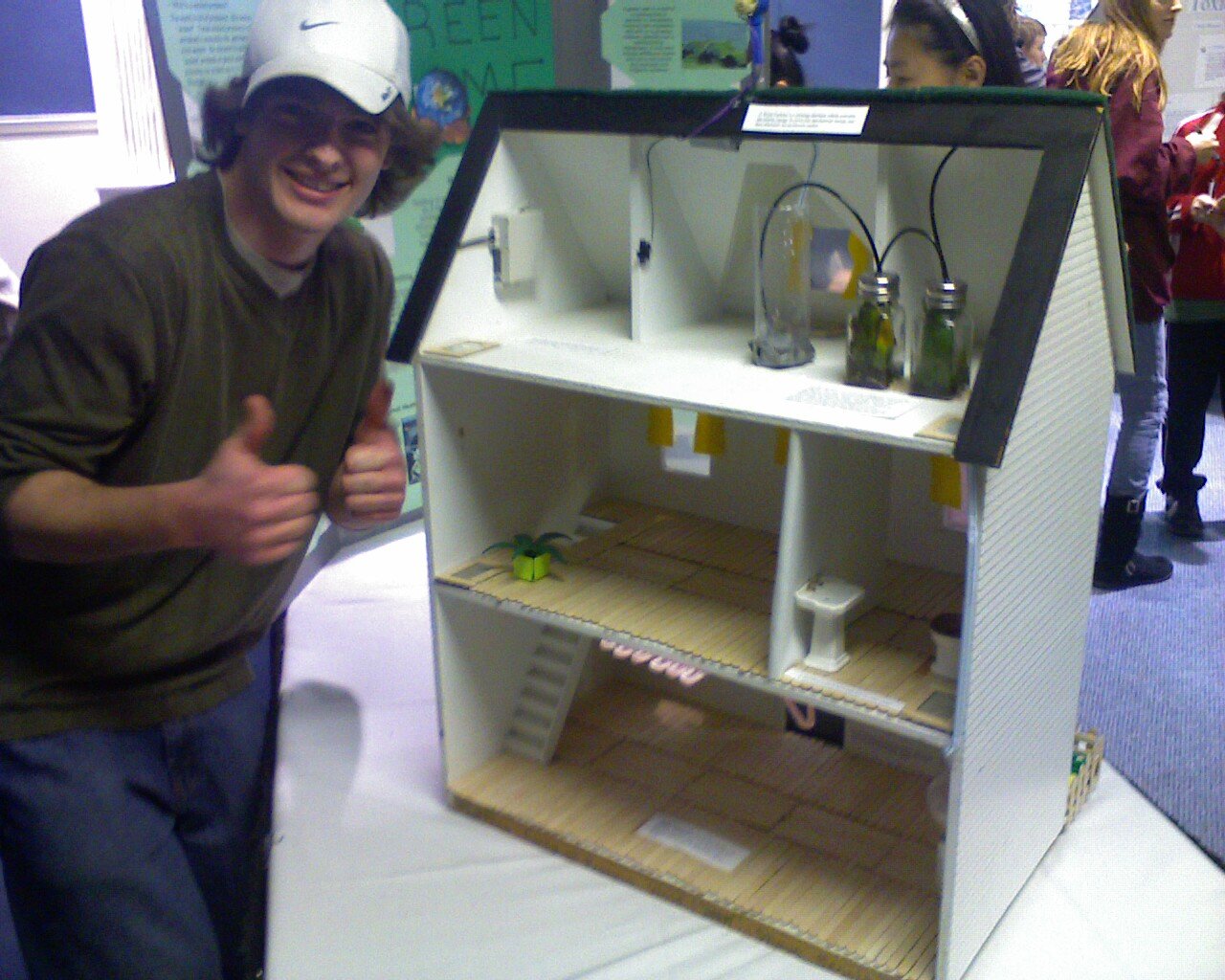

5 Myths About Learning in College: Myth 1
This grotesque figure is actually a diagram of the brain’s sensory cortex, and how much of the cortex’s function is take up by each part of the body. The huge hands demonstrate how central they are to our ability to sense and manipulate the world.
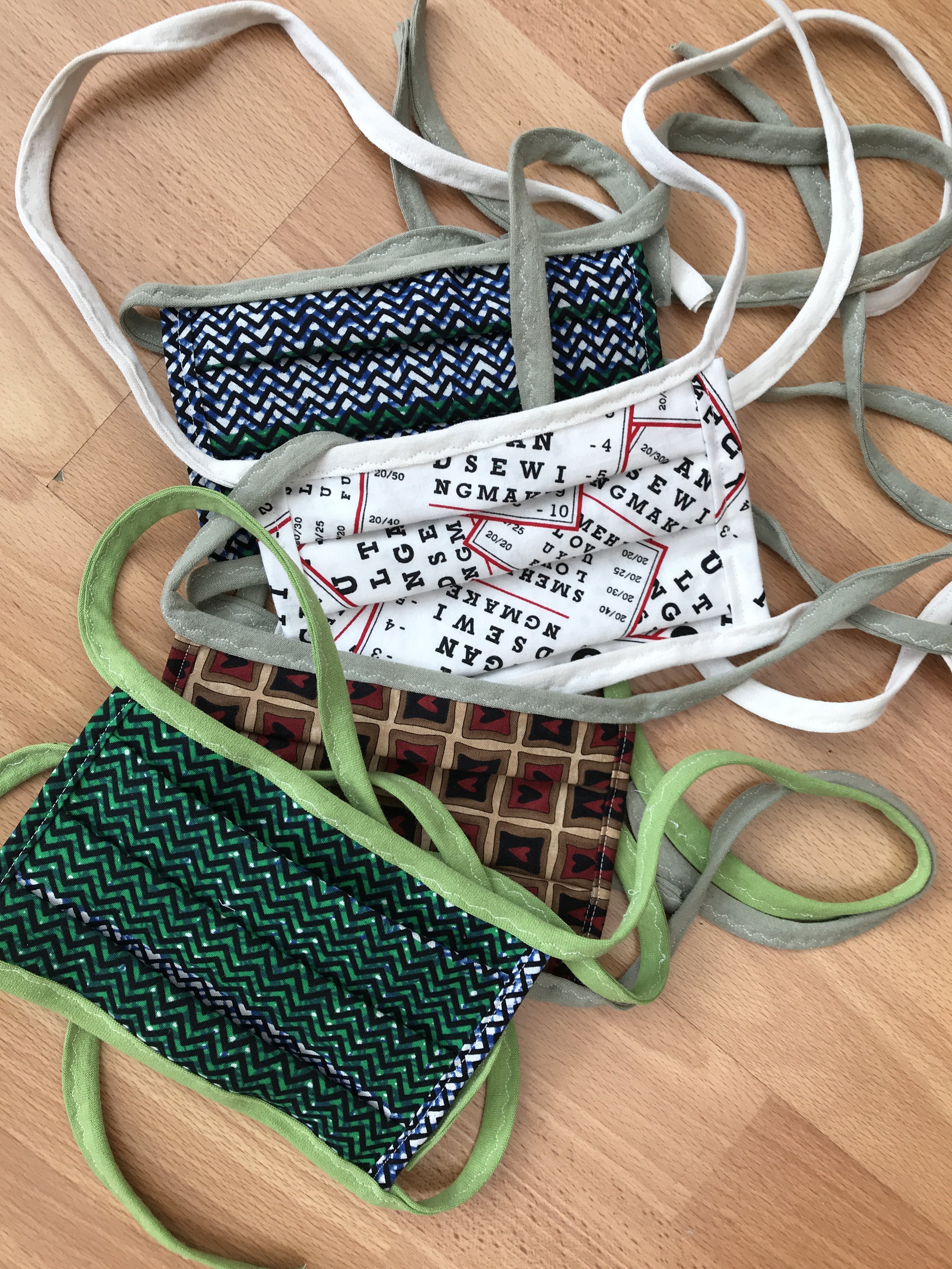
If you can read this, thank a Grandmother.
An ode to grandmothers, the essential workers whose sewing skills kept so many of us safe in 2020.
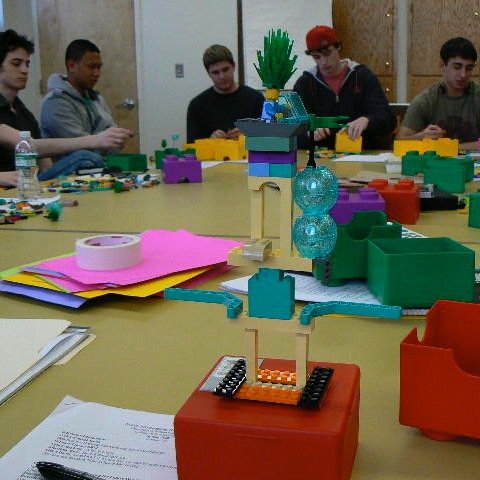
Designing the Future World: A Thinking with Things course
My undergraduate class, Designing the Future World, described in a longer-than-usual post.

Math Anxiety and Me: A tale of lost opportunity
What if we could have a truly engaging, inquiry-based, accessible math curriculum in our schools? Here’s my story.

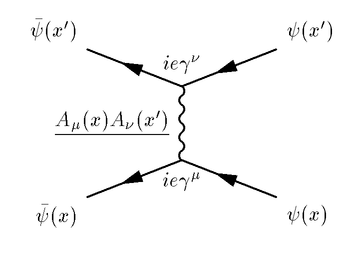

Richard Feynman, Argyle Socks, and Women’s Invisible Skills
Richard Feynman was astonished to learn that women who knit Argyle socks were doing real math.

The Problem with “Rigor”
When you try to change how things are done in the academy, you are often tripped up by discussions of “rigor.” Let’s try to unpack this.
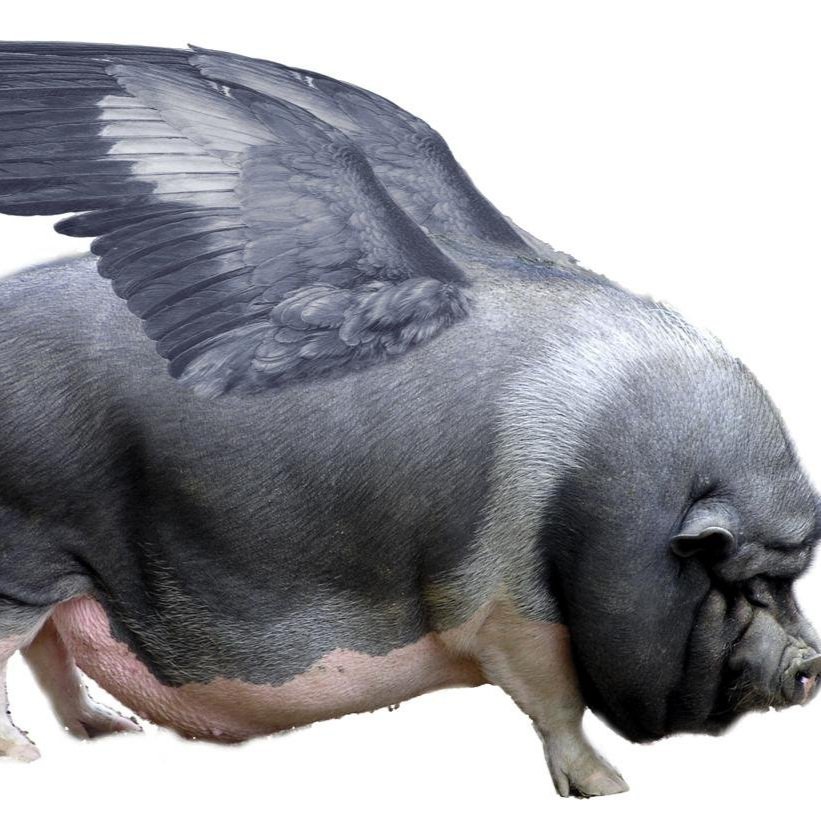
Making Thinking Visible: A favorite story from my classroom
A memorable moment from my classroom, where using things to think with (flip chart paper) led a graduate student to a breakthrough.
